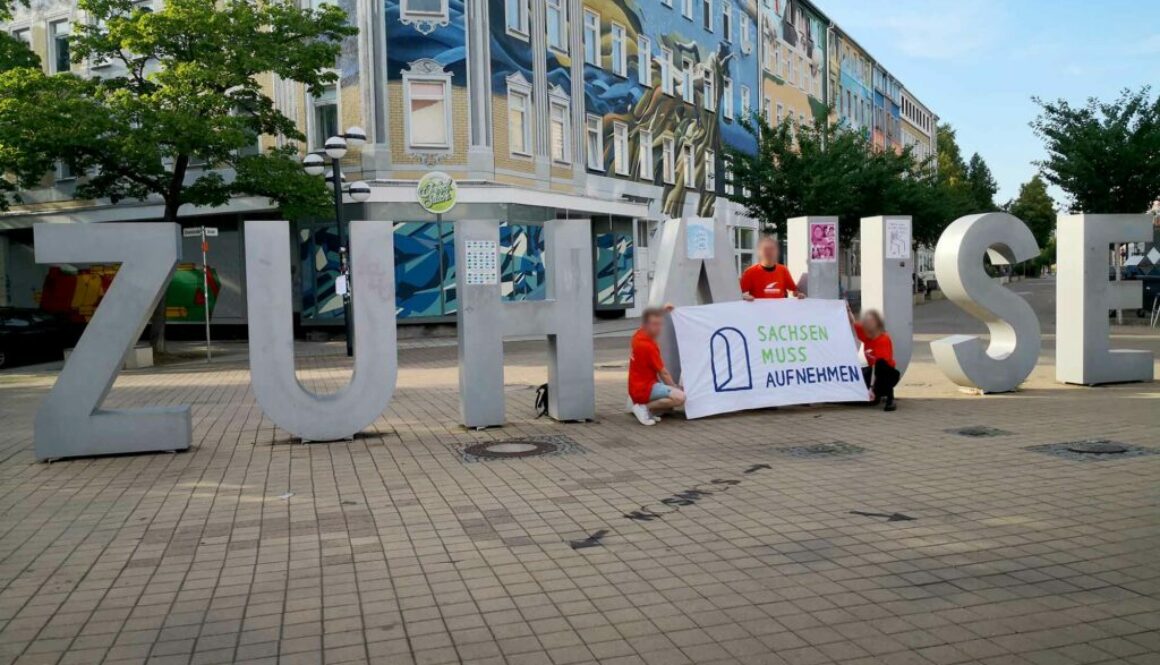Refugees of different classes
Since the outbreak of the war in Ukraine in February 2022, more and more Ukrainian refugees have been coming to Germany. They flee from the Russian war of aggression and its consequences. Will they have to live under Russian rule in the coming months? Will they be cut off from electricity, water, gas or food supplies? How are their friends, acquaintances and relatives who remained there? The crimes against humanity documented in the territories recaptured by Ukraine are horrific. In my opinion, it is wonderful that the EU agreed in March to activate the Temporary Protection Directive. First of all, it allows legal entry. It allows for a suspension of the Dublin III regulation and thus enables Ukrainians to decide for themselves where they want to apply for asylum. It enables better integration and, last but not least, better treatment of people.
Nevertheless, I find it hard to believe that the Temporary Protection Directive would not have been appropriate for the Syrian war in 2015 or when the Taliban took power in Afghanistan in 2020. What distinguishes the plight of these people from the plight of people from Ukraine? Russia also played and continues to play a major role in the Syrian war. There too, civilians’ homes, schools, kindergartens and hospitals were shelled. Men of military age were forced to fight against their own population. Despite this, it was not until November 2020 that an EU Court of Justice even recognized conscientious objection in Syria as a reason for granting refugee status. In Afgahnistan, the war against the Taliban, in which many civilians died, was followed by the murder of people who had previously cooperated with NATO, e.g. translators or office workers. These are also civilian victims. Women’s rights are increasingly restricted. And this does not only refer to the style of dress. Above all, education and participation in public life are being restricted. By systematically restricting education for marginalized groups, further power is consolidated.
This leaves me with only one question: What is the legitimization for such unequal treatment?
text by: Birte Geerds


